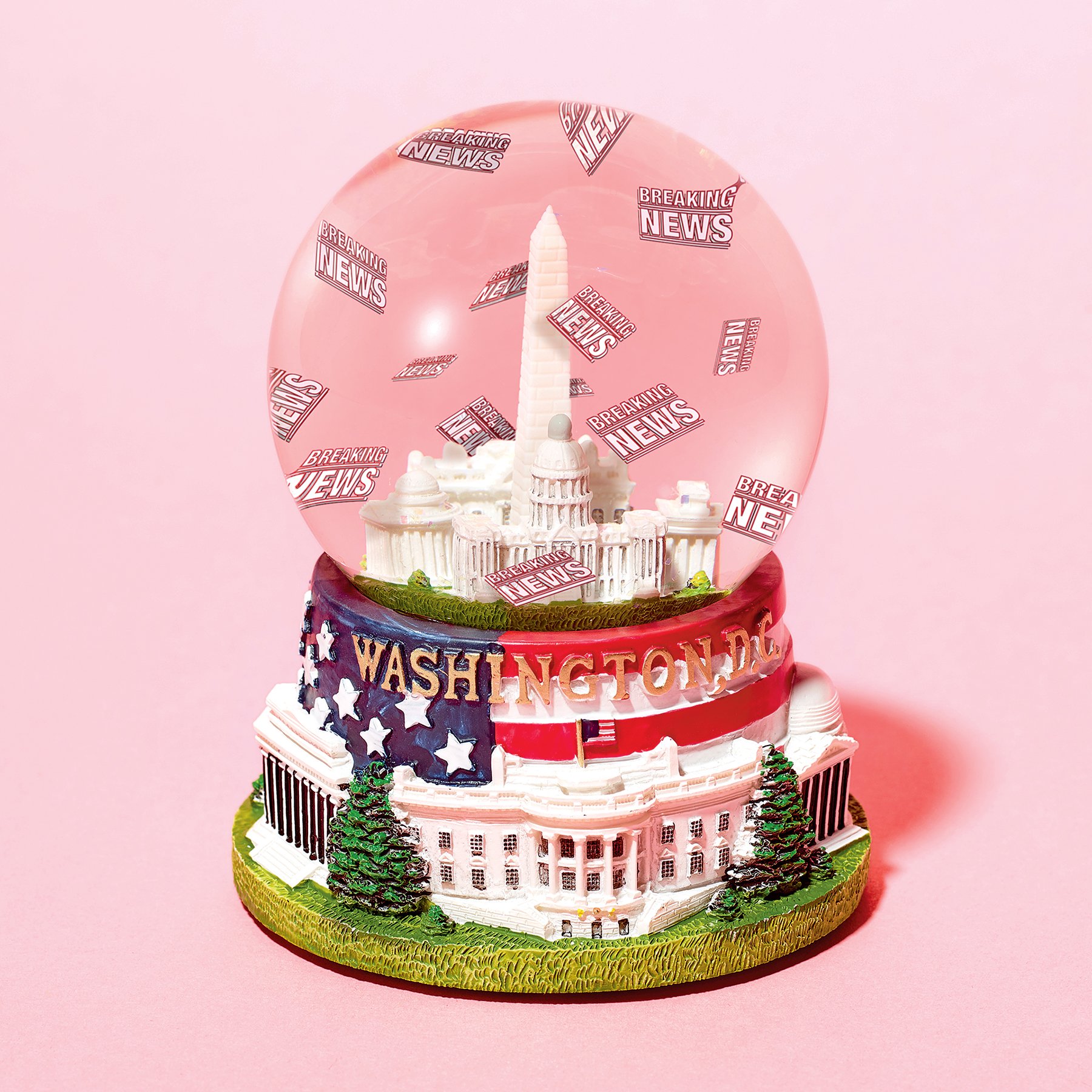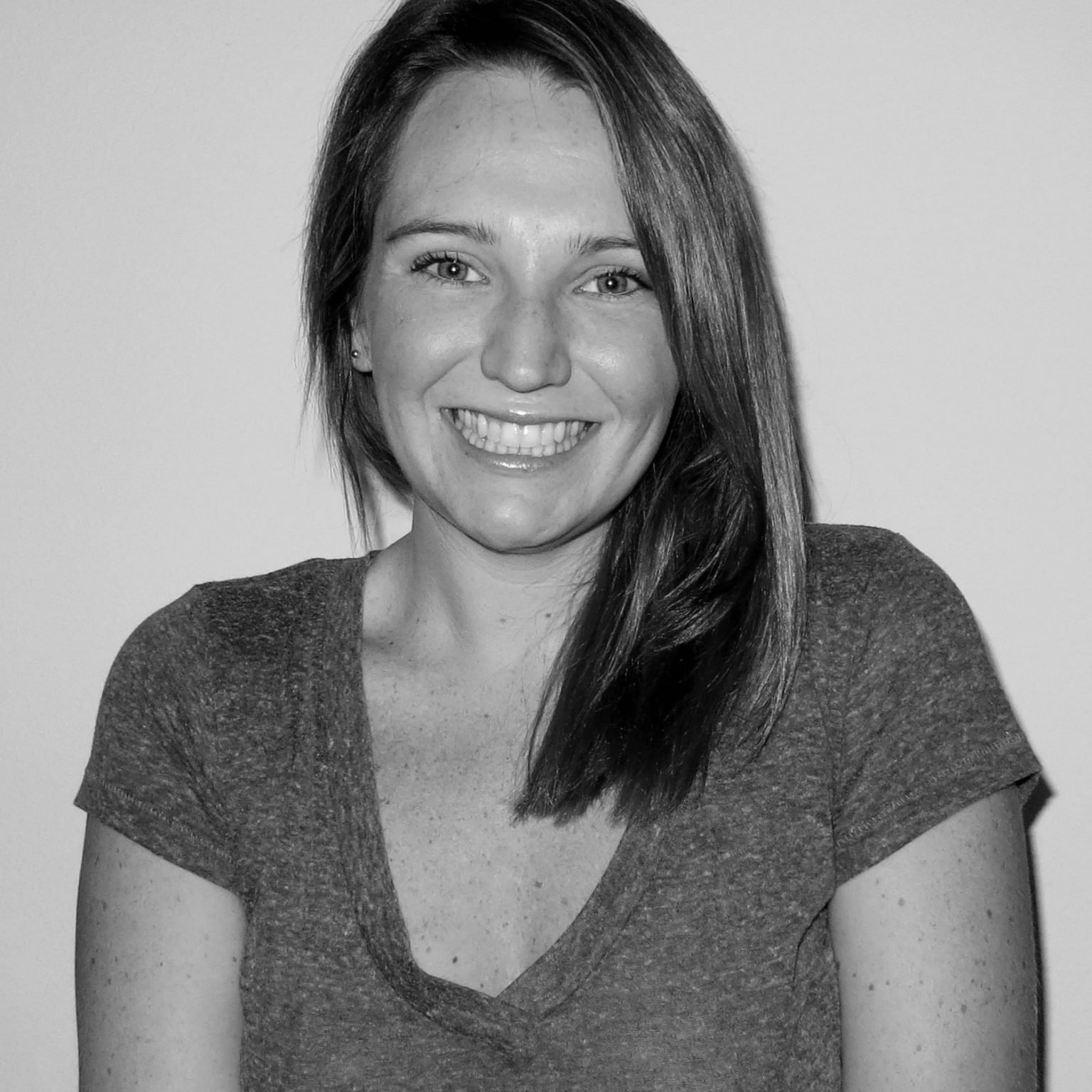Maggie Haberman, one of the New York Times’ most prominent White House correspondents, is based in New York City. The politics-focused online network The Young Turks broadcasts live from Culver City, California. And Politico reporter Marc Caputo is constantly working his DC sources, chasing down news on Marco Rubio or Carlos Curbelo—all from his office in Miami.
Covering Washington once required a White House press pass and a seat at the right downtown DC steakhouse. But Haberman, The Young Turks, and Caputo belong to a cohort of reporters and commentators who now report on the capital without being here, scoring scoops through Gchat and text messages rather than drinks at the Palm.
In the Trump era, traditional reporting tactics—cultivating longtime sources, developing expertise in government norms and processes—have become much less effective. These days, working from outside the city can sometimes give reporters an edge.
“DC is like any closed system,” says Caputo. “It’s too insular, too clubby.” Working in Florida gives him useful distance from reportorial groupthink and keeps him from getting distracted by whatever story’s consuming Washington on any given day. “If you want to put your finger on the pulse of the nation as it is right now, Florida is a great place to check it.”
Haberman—whose intimate accounts of West Wing intrigue regularly lead the news cycle—covered City Hall at the New York Post before Politico came calling in 2010. “I persuaded her she could do [the job] without leaving New York,” says BuzzFeed editor in chief Ben Smith, who at the time worked for Politico. Now she covers the White House, scoring exclusives with Trump while still living an Acela ride away.
To be a good reporter, Smith says, “you have to understand what a good story is for people who aren’t in Washington.” The finicky process stories that DC journalists obsess over often don’t resonate for a broader audience. “The classic one is the budget and standoffs about whether the government will shut down.” Those kinds of stories rarely “blow up nationally,” Smith says.
Washington is crowded with political reporters who jockey to get the same narrow set of insiders on the phone whenever a story starts trickling out. Reporting from somewhere else can force correspondents to get more creative. When it comes to Trumpworld, the most deeply sourced reporters are just as likely to be in Manhattan or Palm Beach as they are in the White House press room. Washington just isn’t the center of this President’s world.
With an administration that’s as controlling as it is porous, access journalism is basically useless. Maybe that’s why Haberman, for one, has seemed less interested in traditional briefing-room coverage. While many journalists were outraged over Trump’s threat to revoke press-room credentials for certain outlets, Haberman wasn’t ruffled. “Reporters don’t need his permission to cover him,” she tweeted. She and her colleagues have already proved you can break major stories without being near the action.
It’s not just hard news that’s migrating. Despite being helmed by three top former Obama staffers, Crooked Media and its flagship news-commentary podcast, Pod Save America, are headquartered in LA. So is the online news platform The Young Turks. “I’m so, so glad that we did not base TYT in DC,” says Cenk Uygur, the progressive network’s founder and the combative host of its marquee news show, which revels in challenging the establishment. “The culture in Washington is toxic.”
When I recently stopped by Uygur’s 11 am rundown meeting, at which anchors and producers pitch the must-cover stories of the day, there was no mention of what was happening on CNN, where Mike Pompeo’s confirmation hearing dominated the conversation. Instead, the focus was on the situation in Syria. TYT is making shows about Washington without the ambient pressure of being in Washington, which can’t help but affect its coverage.
“I don’t want to have nice, polite conversations with Bobby Jindal,” Uygur says. “Polite” isn’t a word anyone would use to describe TYT’s coverage, and the comments that accompany Uygur’s rants suggest that’s exactly how his audience likes it.
Washington will always be the center of news and commentary about the federal government; some beats, such as keeping tabs on 535 members of Congress, just can’t be exported. “But it doesn’t matter so much where you are physically,” Smith insists. “All good reporters are fundamentally outsiders.”
This article appeared in the July 2018 issue of Washingtonian.



















